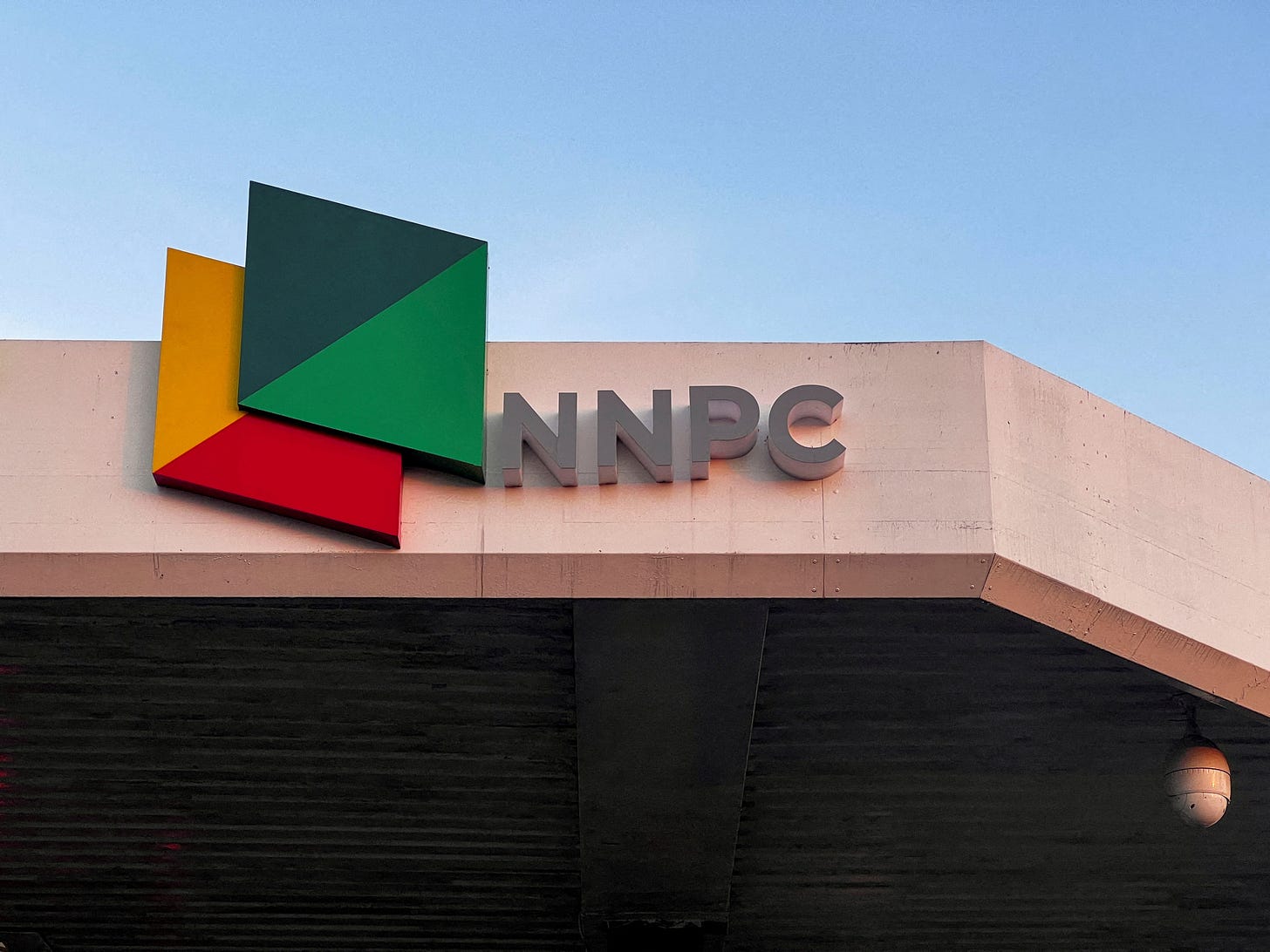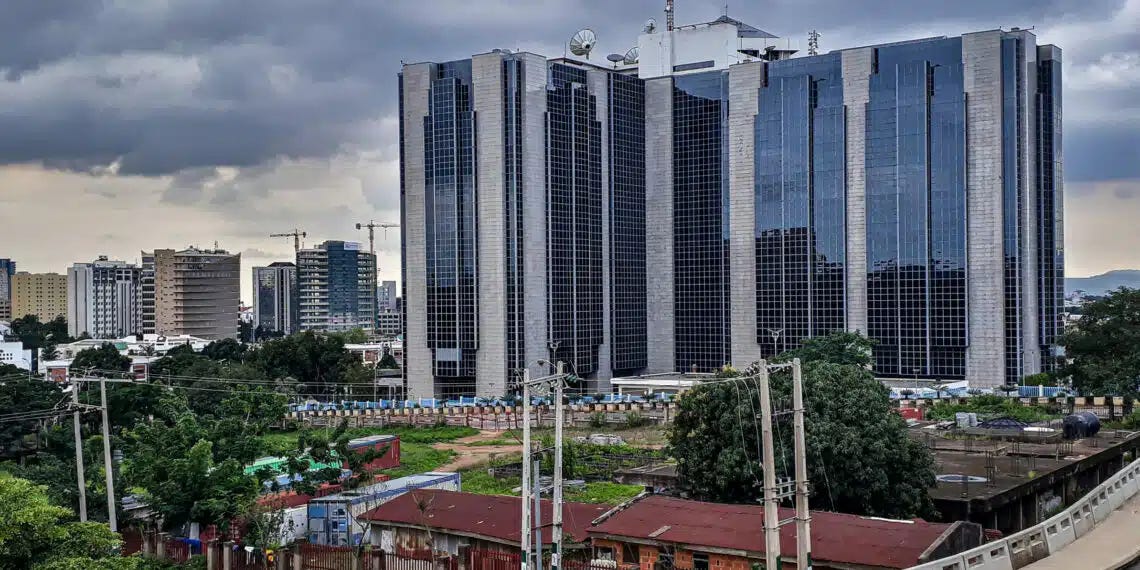Board Shuffles & FX gains
New faces at NNPC and real results at CBN
Last week, we saw new faces at NNPC, bringing fresh hope for a long-troubled oil sector. Meanwhile, the CBN’s FX policies are showing results, with growth in its 'real reserves' levels. Two major developments on both the fiscal and monetary sides. Let’s dive in.
NNPC: Tinubu Names New People in Charge
Last week, President Tinubu reshuffled the board of the Nigerian National Petroleum Corporation (NNPC) and installed a new Group CEO, Bayo Ojujari, replacing Mele Kyari who had held the post since 2019. Tinubu also appointed a few other new members to the NNPC board. The new appointees come with industry experience and backgrounds ranging from Exxon, Total, and Elf Petroleum.
Ojujari brings a wealth of experience. Prior to his appointment, he was the COO of the Renaissance consortium (buyers of Shell’s Nigerian onshore assets). Before that, he worked at Shell. Ojujari and his team have been tasked with increasing oil and gas outputs and completing the revival of the nation’s refineries.
So what?
Last week, in a now-redacted announcement, Chief Finance and Investor Relations Officer (CFIO) of NNPC, Olugbenga Oluwaniyi, said that the company is currently engaging with partners and investment banks to support its IPO preparations. Although the statement was redacted, we think that IPO preparations are still ongoing and this recent reshuffling of the NNPC board is an integral part of the process.
The new board brings private sector industry veterans, as opposed to the previous administration that was run by NNPC lifers. The hope is that the new board will introduce fresh perspectives and begin the process of cleaning up a corporation that has been riddled with decades of inefficiency, corruption, and opaque practices.
The ability to turn around the NNPC will be fundamental to the success of Tinubu’s vision of boosting Nigeria’s oil and gas output, targeting 2 million barrels per day of oil and 8 billion standard cubic feet per day of gas by 2027.
But more importantly, with regards to the IPO which has been mandated by the Petroleum Industry Act of 2021, this new board is more “sellable.” Investors are more likely to trust them as they have experience in companies investors are familiar with, and their track record shows their ability to operate in Nigeria.
If and when NNPC finally decides to go public, we will be watching. However, the new board has its work cut out for it in cleaning up decades of decadence and putting NNPC on the path to true greatness.
The Coffers are growing
Last Monday, the CBN released its net foreign exchange reserves (NFER) figures for the year ending December 2024. The NFER is the total amount of foreign exchange reserves the CBN holds minus its short-term debts (that is, money they owe and need to pay over the next 12 months). The NFER as of December 2024 stood at 23.11 billion US dollars, up from 3.99 billion US dollars recorded at the end of 2023. The CBN governor, Cardoso, attributed the improvement to the deliberate policies the CBN has taken to rebuild confidence and improve stability in the Nigerian foreign exchange market.
Cardoso said, “This improvement in our net reserves is not accidental; it is the outcome of deliberate policy choices aimed at rebuilding confidence, reducing vulnerabilities, and laying the foundation for long-term stability.”
So What?
The NFER is a more accurate measure of the CBN’s ability to manage and intervene in the foreign exchange market because, unlike the raw foreign reserve numbers which only show the total dollars that the CBN has on hand, the NFER accounts for the money they owe and therefore cannot spend.
The announcement of the increase in NFER is important to the CBN's objective of building trust and transparency in the Nigerian foreign exchange market. The results speak to the effectiveness of the various reforms that the CBN has implemented since taking office. It also shows foreign investors that the CBN has begun strengthening its position and will be able to regulate the exchange market more effectively, helping build confidence and thereby driving more investment from abroad.
However, the long-term sustainability of this strategy still depends on fiscal reforms and the improvement in Nigeria's oil and non-oil exports. If the fiscal side is able to bring sanity to the oil sector and other export-led sectors, we will begin to see long-term stability in the Nigerian foreign exchange market.
On the Radar
Here We Go: JP Morgan to Nigeria
Manufacturers are begin to believe again
P.S: A special issue on Trump’ tariffs will visit your inbox later this week 🙃🙃




Same here! I believe the IPO prep is still ongoing tho 😂